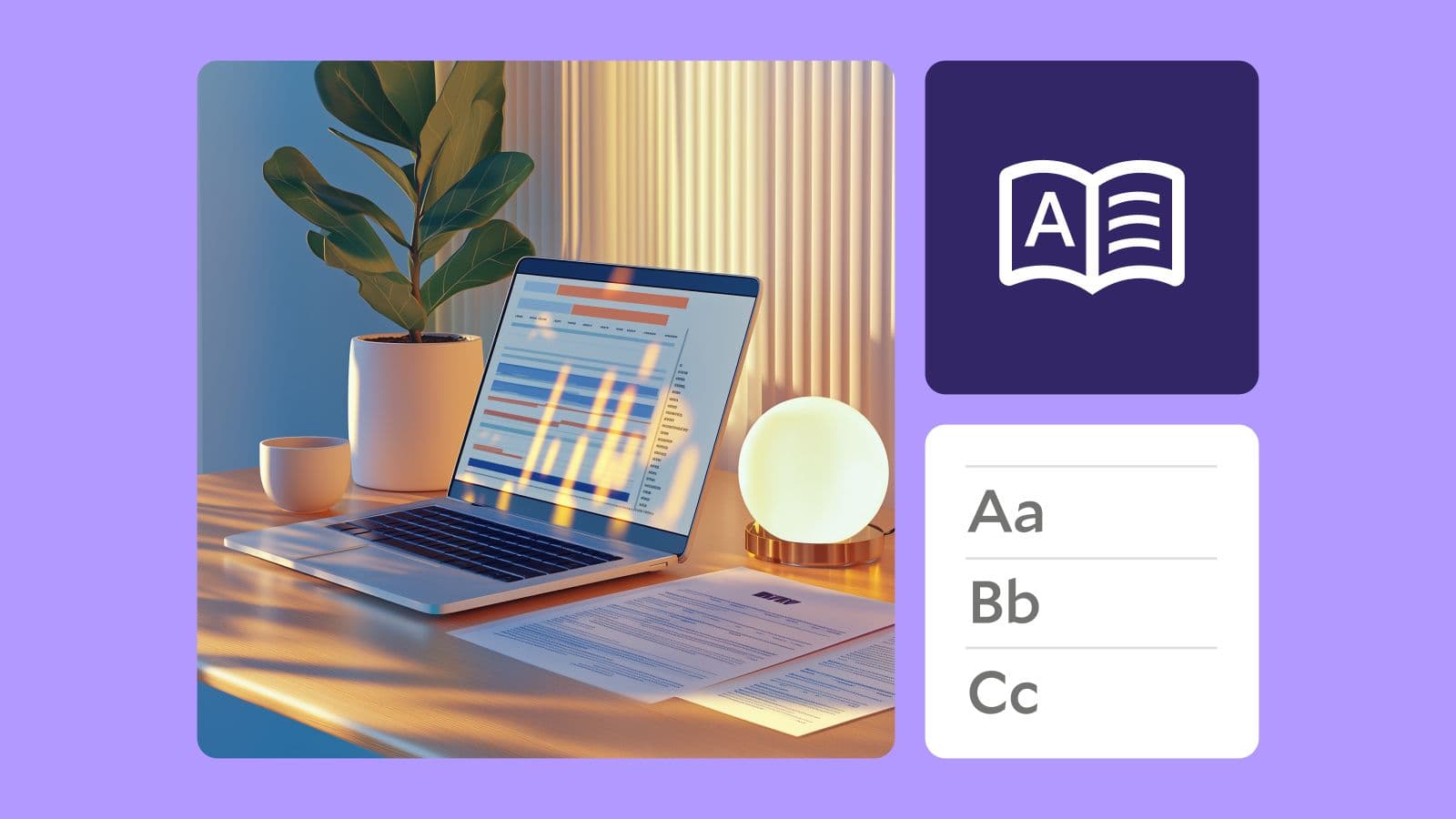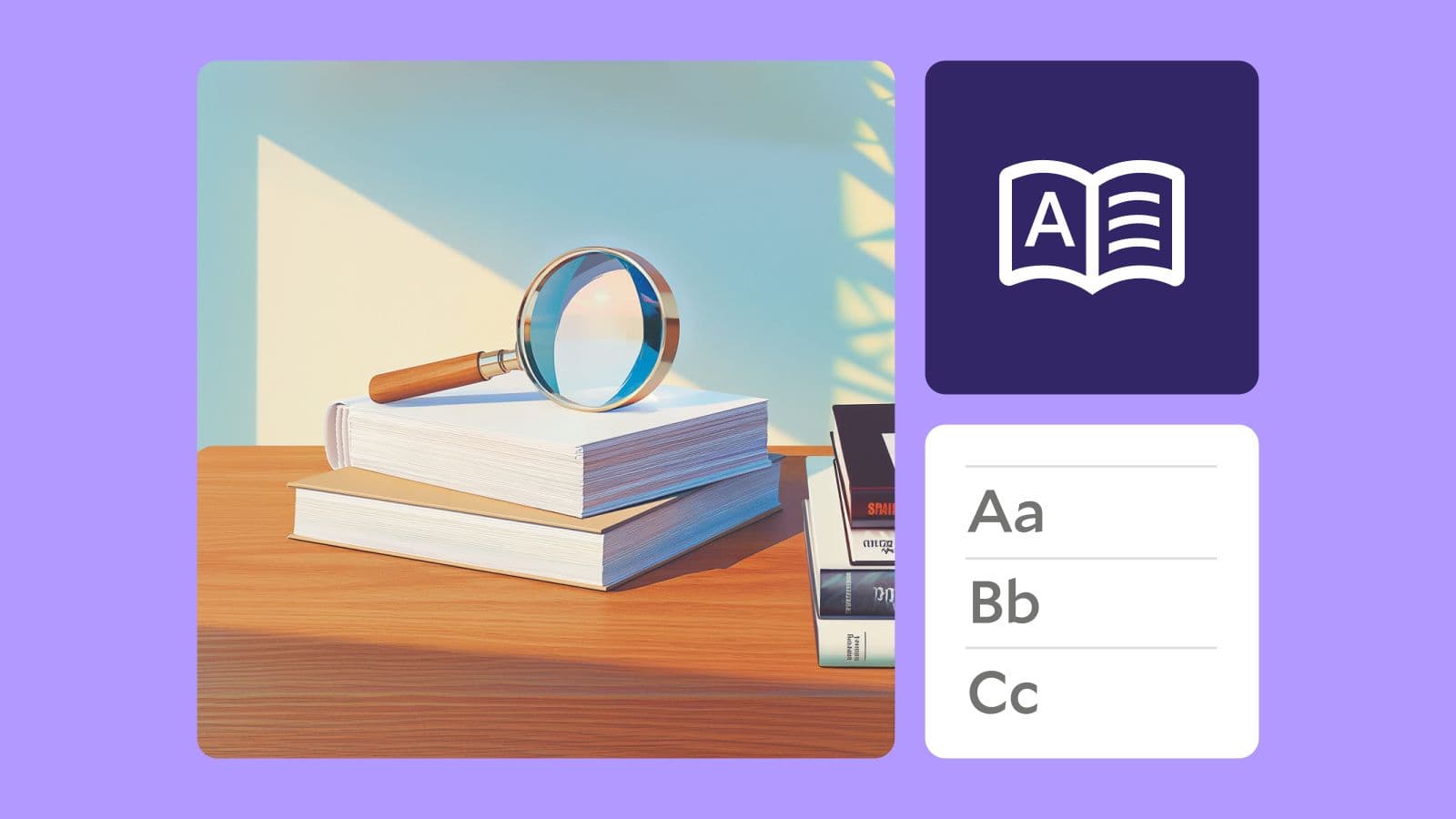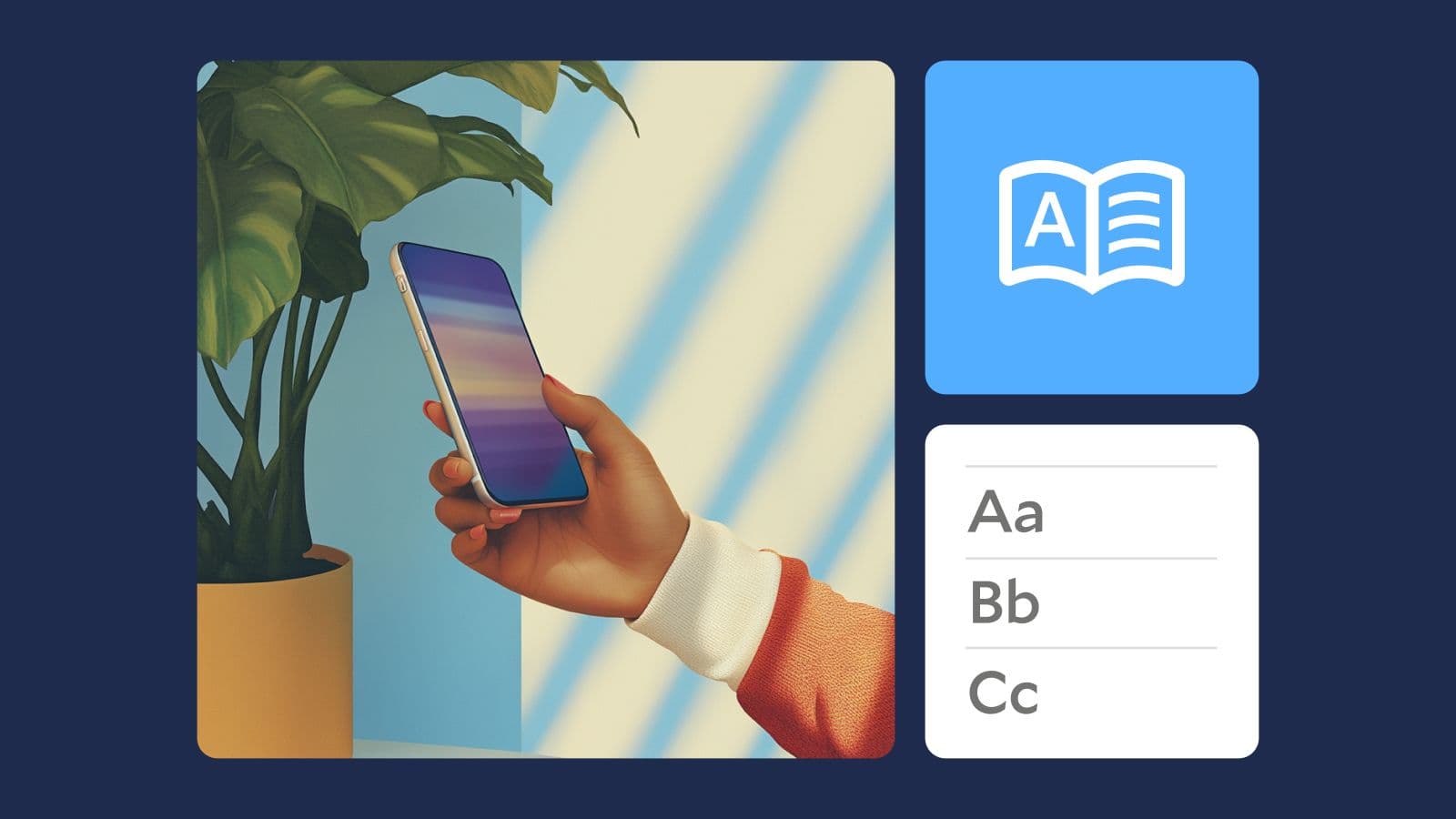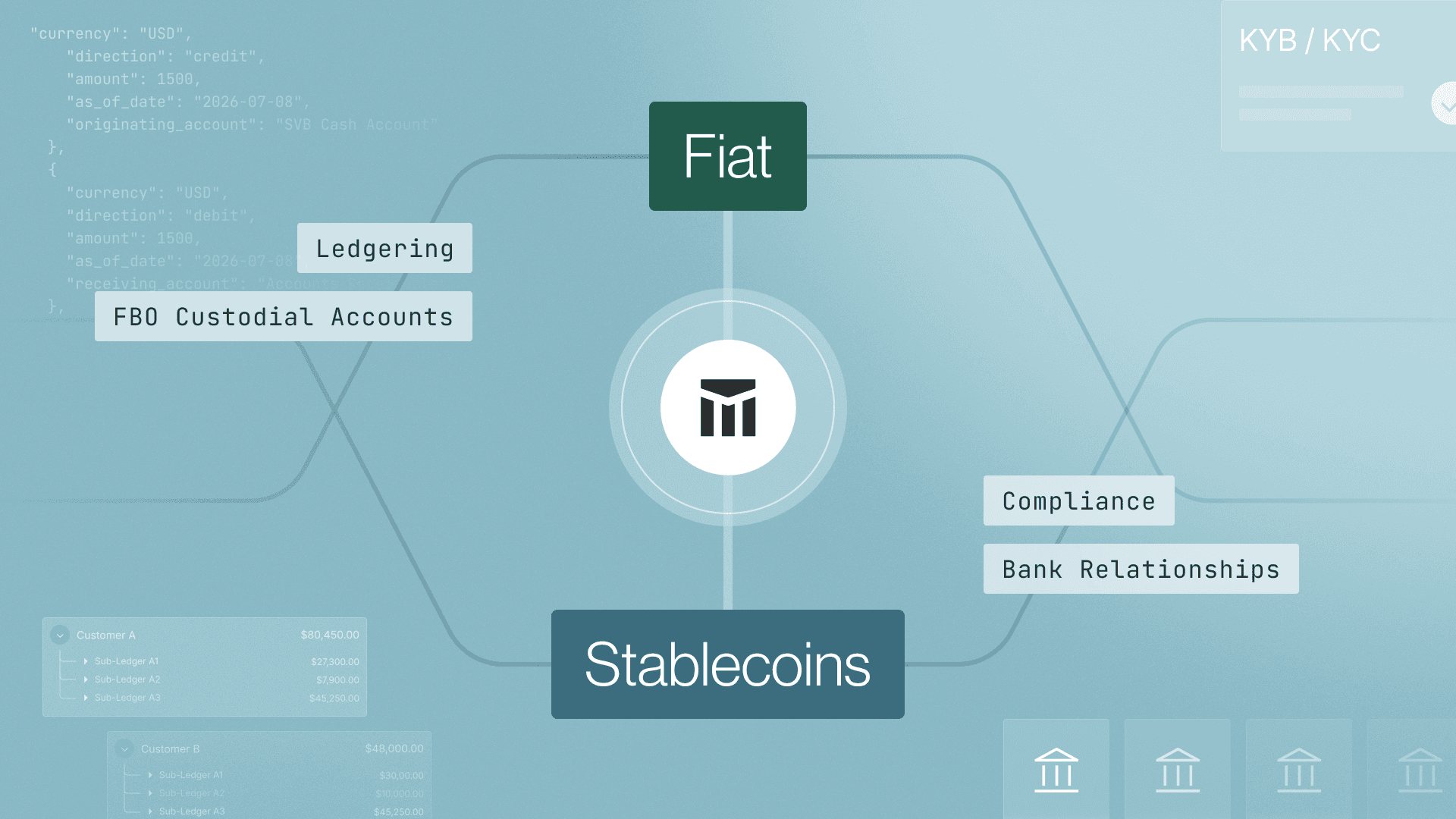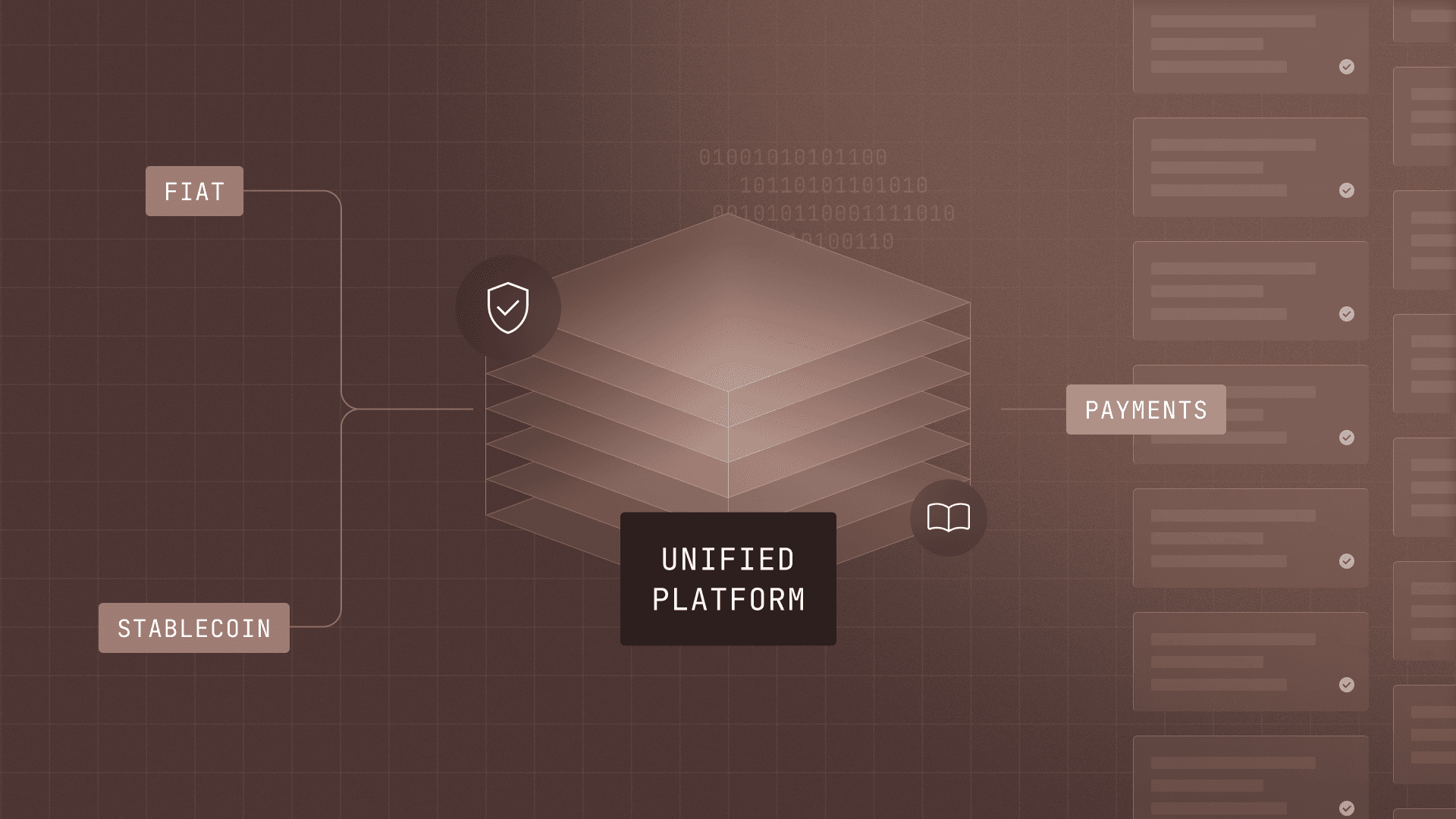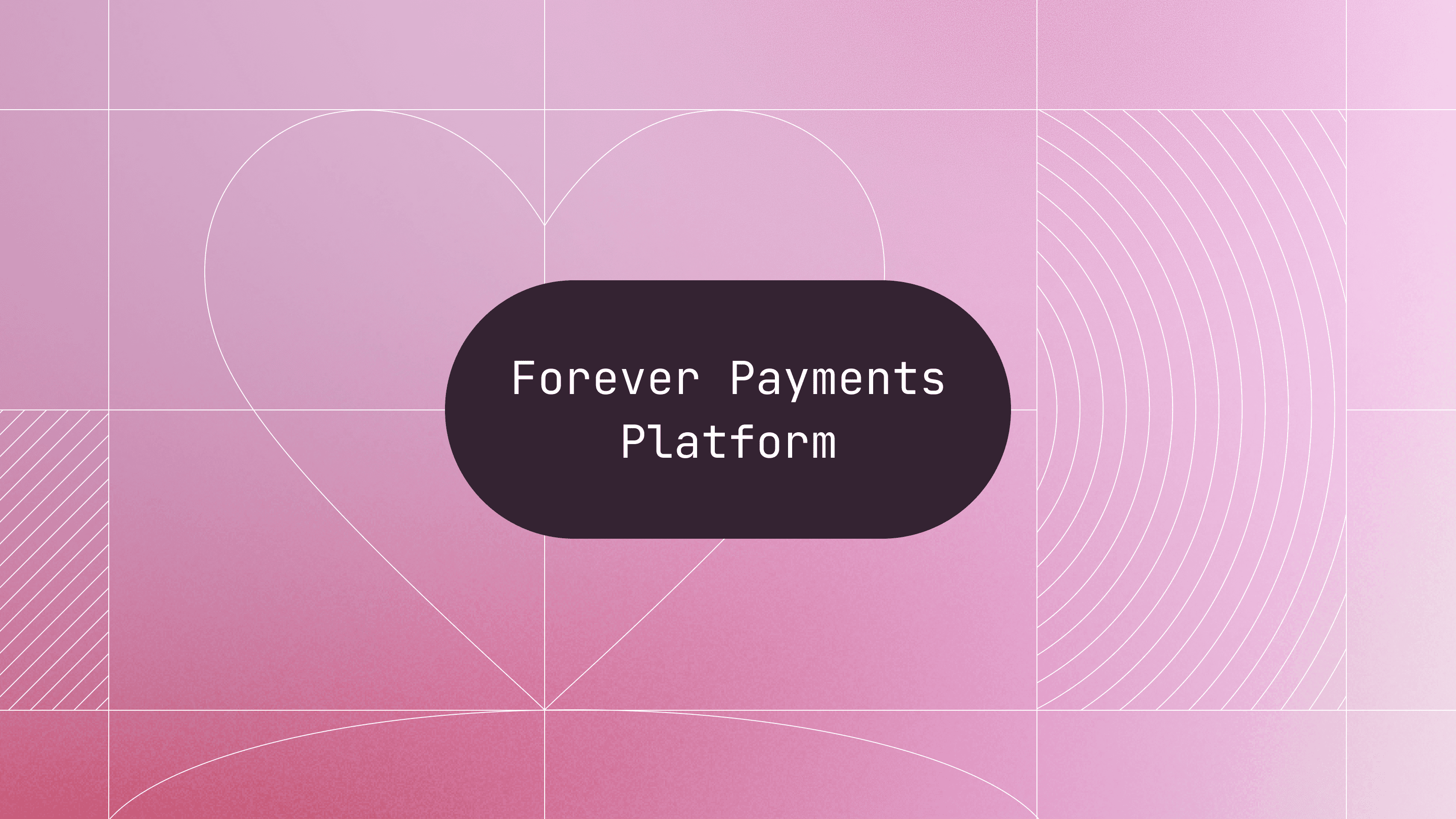Introducing Modern Treasury Payments. Built to move money across fiat and stablecoins. Learn more →
What Happens When You ACH a 'Debit Blocked' Account?
Nacha has over 80 codes for ACH returns. In this primer, we look at the ACH return that happens if you debit a blocked account and other common ACH return codes.

There are a variety of reasons why Automated Clearing House (ACH) transactions could be returned. In fact, has over 80 codes for various ACH return reasons–and they are constantly clarifying and adding return codes for new situations that arise.
begin with 'R' followed by a two digit number. For example, let’s say a consumer’s account has been debited for a streaming service subscription, but the , the return code for that transaction is R15: “Beneficiary or Account Holder Other Than A Representative Payee Deceased.”
What happens if you debit an account with blocks on it?
Most likely, you’d see the ACH return code R20, which is the code for a non-transactional account. There are several reasons why an account could be non-transactional. Savings accounts, fixed-term accounts, money market deposit accounts (MMDAs), and retirement accounts are generally non-transactional—or non-payment—accounts.
But an account can also be non-transactional because of debit blocks. Debit blocks prevent an ACH debit from occurring against the account as a form of fraud prevention, designed to help protect business’ bank accounts from unauthorized transactions. Often, these accounts specify who, if anyone, is able to pull money out of it; if you are not on the authorized list, your payment request will get blocked.
If you try to debit an account with blocks, and are using a system like Modern Treasury, a non-transactional account return would look something like this:
Seeing “non-transaction account” as the reason for the return indicates that one of two things needs to happen to receive the payment. Either the account holder needs to provide a different account number from which to pull the funds, or they will need to provide the debiting company’s ACH IDs to their bank, the Originating Depository Financial Institution (ODFI), to authorize debits from those IDs.
What are some other common ACH return codes?
Let’s use a common bill payment as an example to dig into common ACH return codes.
ACH Return Code R01 - Insufficient Funds
It’s the first of the month, your business’s rent payment is due to the commercial property management company, Busy Business Buildings. Busy Business Buildings initiates an ACH debit against your corporate checking account for the rent amount, but there was an unexpected expense that left you without enough money in your account to cover the cost. Two to three days after that debit is initiated, Busy Business’s bank is notified about the return with ACH return code R01. In this case, Busy Business is likely to contact you and request a different form of payment, or request that you have the required funds available in your account before they attempt the transaction again.
You can use Modern Treasury as a way to see the to prevent insufficient funds scenarios.
ACH Return Code R13 - Invalid ACH Routing Number
Busy Business Buildings initiates an ACH debit for the amount of your bill, but the routing number of the account they request to debit is incorrect. This could be because you provided an incorrect number or because of an entry error on Busy Business’s part. Two to three days after that debit is initiated, their bank is notified about the return with ACH return code R13. Busy Business Buildings will likely reach out to you to confirm the correct routing number before initiating the transaction again.
A tool like Modern Treasury’s would be useful for the Busy Business Buildings team initiating the debit to validate the routing number before the payment request occurs.
Get in Touch
Modern Treasury makes it easy to manage all of your payment operations, from initiating a payment order (or return) to reconciliation– software automates linking the return to the original payment. Try initiating returns using our API with . Or if you have questions about other ACH returns, .


